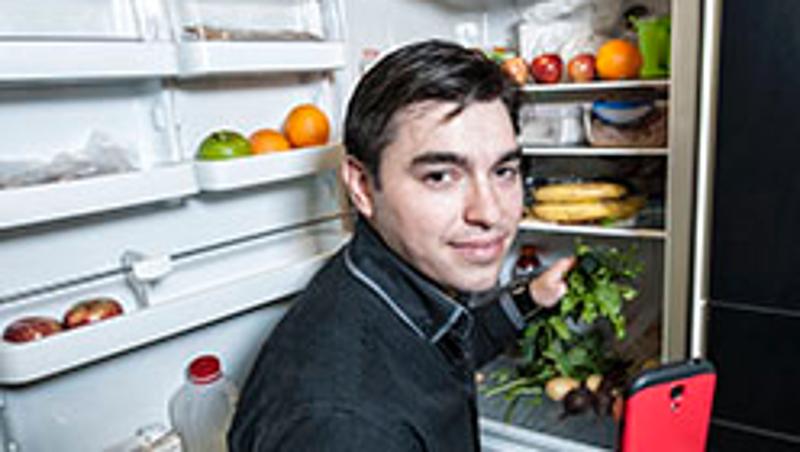
Australians are givers but not takers when it comes to food sharing, a QUT study investigating ways to reduce domestic food waste has found.
Dr Geremy Farr-Wharton, from the Urban Informatics Research Lab in the QUT School of Design, has looked at the use of technology to promote food sharing and found more people will share their unwanted food, compared to those who will accept the same offer.
"Household garbage is made up of about 60 per cent of domestic food, which costs Australians $6 billion annually," Dr Farr-Wharton said.
"Domestic food waste also contributes to climate change and greenhouse gas emissions with discarded food accounting for about 20 per cent of landfill capacity, which goes on to decompose and release harmful methane gas."
Dr Farr-Wharton said food sharing was one solution to reducing food waste but warned it was not a simple as it sounded.
"Changing practices around food and its waste can be a challenging mindset to shift, but technology is one possible way to facilitate reducing the amount of food we throw out," he said.
"My study found the act of food sharing is considered by many to be controversial, and by that I mean even if it's free doesn't' mean people will find it easy to give away or accept.
"In studies that tested the use of apps to encourage food sharing, participants reported they found it acceptable to share food with family and close friends, but there was hesitation and reluctance when sharing with others, especially strangers.
"This hesitation stems from a concern of trust and comfort.
"The act of taking food is dependent on trust and the act of giving food is dependent on comfort."
Dr Farr-Wharton said for example some people said they would feel awkward going to someone else's house to retrieve a shared food item, and others said they would only take items that were well-packaged or where they trusted the person sharing.
To better understand these views, Dr Farr-Wharton developed a food sharing acceptability scale.
"Optimal trust and comfort occurs between family and close friends and is likely to work best within a known community of sharers," he said.
"Housemates are more likely to share with housemates, but less likely to share with neighbours.
"Also if a trusted person promotes food sharing among an unknown community, a person is more likely to share food."
Dr Farr-Wharton said the next step would be to further research how technology could be used to promote food sharing within the confines of what people find acceptable.
Media contact:
Sandra Hutchinson, QUT Media (Tue, Wed), 07 3138 9449 or media@qut.edu.au
After hours, Rose Trapnell, 0407 585 901


